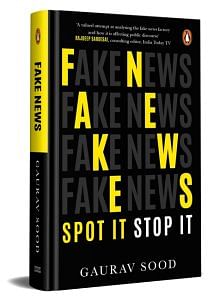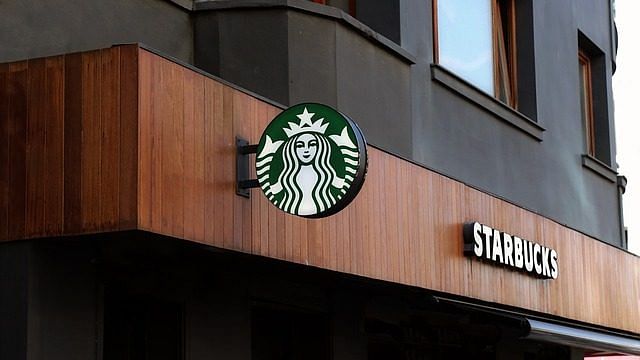The trouble with brands is that they could either be the propagator or the victim of fake news. They may use fake news to their advantage and may also find themselves attacked by it. So, fake news can either tarnish a brand or end up being validated by one. In August 2017, Starbucks became the victim of fake news spread via social media. A fake advertisement falsely claimed that the coffee chain was offering a 40 per cent discount on their products to all illegal immigrants in America. Starbucks quickly shot down the rumours of the #BorderFreeCoffee brand promotion. The official Starbucks Twitter account put out a tweet saying, ‘We’re sorry but you’ve been misinformed,’ and explained that the company was not sponsoring any such event. In order to combat the fake news, Starbucks began replying to each individual separately, refuting the advertisement. In India, Kalyan Jewellers was the victim of a fake video which claimed that the company sold impure gold. This damaged the company’s reputation and led to direct and indirect financial loss to the company worth INR 500 crore. This fake video culture jammed Kalyan Jewellers’ claim of offering 100 per cent pure gold ornaments. Similarly, ITC’s Aashirvaad brand of atta (wheat flour) was targeted by a fake video claiming that the product had plastic in it, resulting in a decline in sales across many states in the country. This advertisement culture jammed the company’s claim of ‘India’s No. 1 Atta Brand’.
With the power of social media as a source of information, and consumers’ inability to distinguish between fake and real information, the reputation of a brand is always at stake. Not only can fake news damage the reputation of a brand, but it also affects its competitive advantage and the trust of its stakeholders. Brooke Binkoswki, editor of the fact-checking website Snopes.com, stated that ‘fake news can hurt businesses financially while destroying trust and creating an atmosphere in which people don’t know who they can trust’.
Brands are vulnerable to fake news as consumers are unable or unwilling to identify false information. The consumer’s cognitive bias makes them fall for fake stories and then motivates them to share it with their connections, friends and followers on social media. Looking at the source, these connections tend to believe that the fake stories are genuine and share them further, leading to the amplification of the fake news on social media.
Also read: How JJ Irani stopped Tata Steel from becoming Tata Museum
Culture jammers use a variety of tactics to subvert and undermine the messages of corporate advertising including parody, satire and guerrilla marketing. By taking the symbols and language of advertising and using them in unexpected ways, culture jammers seek to expose the hidden agendas of corporations and reveal the underlying social and political realities that are often obscured by the glossy veneer of advertising. One common tactic used by culture jammers is to create fake advertisements that mimic the style and tone of real ads, but with subversive messages that challenge consumer culture and promote alternative values. These ads can be disseminated through social media and other channels, reaching a wide audience and creating a buzz around the issues that the culture jammers are promoting.
Another tactic used by culture jammers is to hack into corporate websites and social media accounts, posting messages or images that contradict or satirize the company’s official messaging. This can be a highly effective way of drawing attention to the discrepancies between a company’s public image and its actual practices, and can create a groundswell of public opinion that can lead to real change.
In the year 2016 just before the US presidential election, PepsiCo shares dropped by 4 per cent owning to a fake news story about the beverage giant’s then-CEO Indra Nooyi telling Donald Trump supporters to ‘take their business elsewhere’. What had actually happened was that on 10 November 2016, while being interviewed at the New York Times Dealbook conference, Ms Nooyi stated that ‘the process of democracy happened. We just need to let life go on’. Picking a lead from this, the Conservative Treehouse blog spread a fake news with a sensational headline that said ‘PepsiCo CEO Tells Trump Supporters to Take Their Business Elsewhere’. This was enough meat for social media to circulate this sensational news with the #boycottpepsi and #Pepsiboycott hashtags.
 This excerpt from ‘Fake News: Spot it, Stop it’ by Gaurav Sood has been published with permission from Penguin Random House.
This excerpt from ‘Fake News: Spot it, Stop it’ by Gaurav Sood has been published with permission from Penguin Random House.



